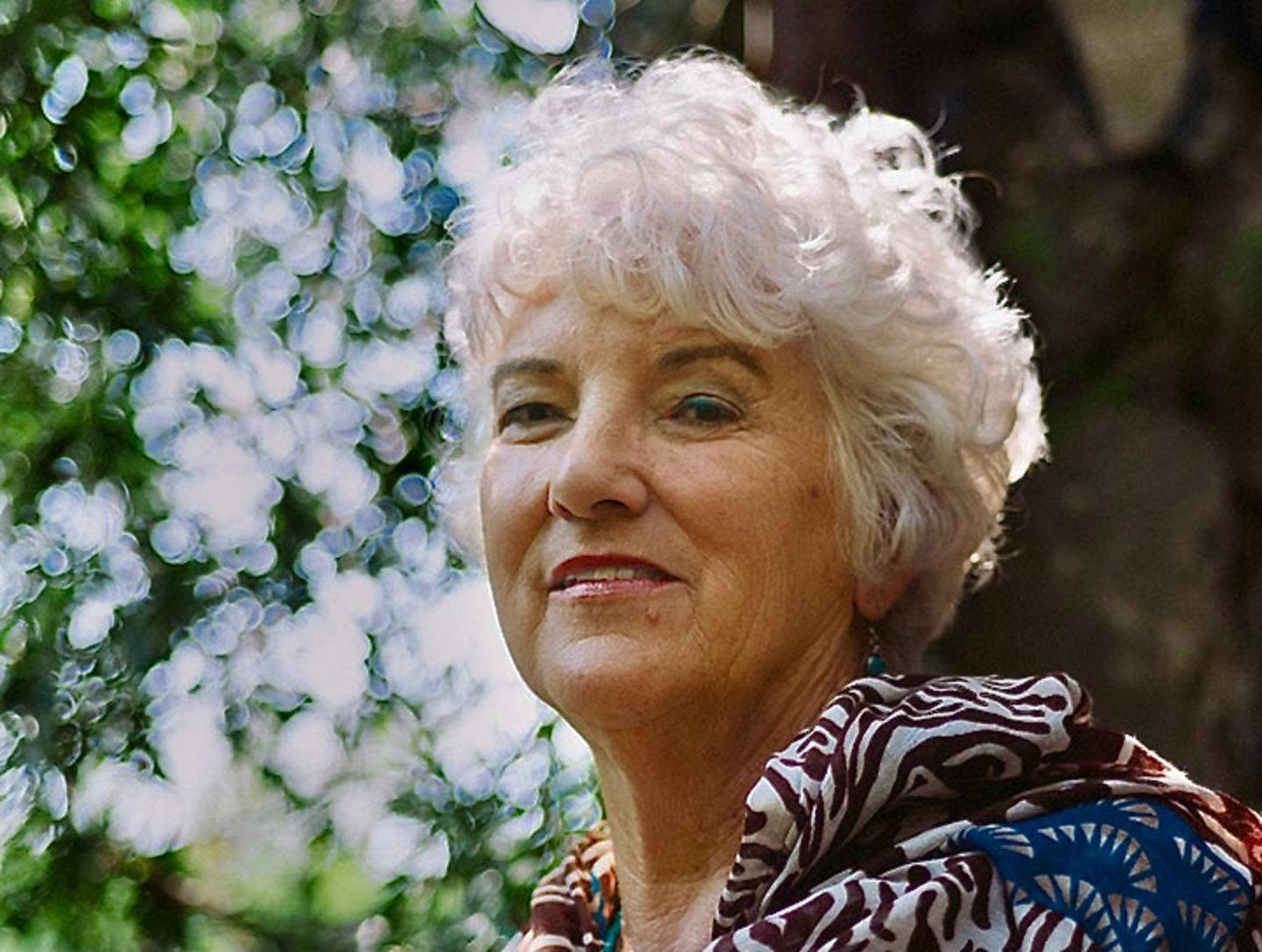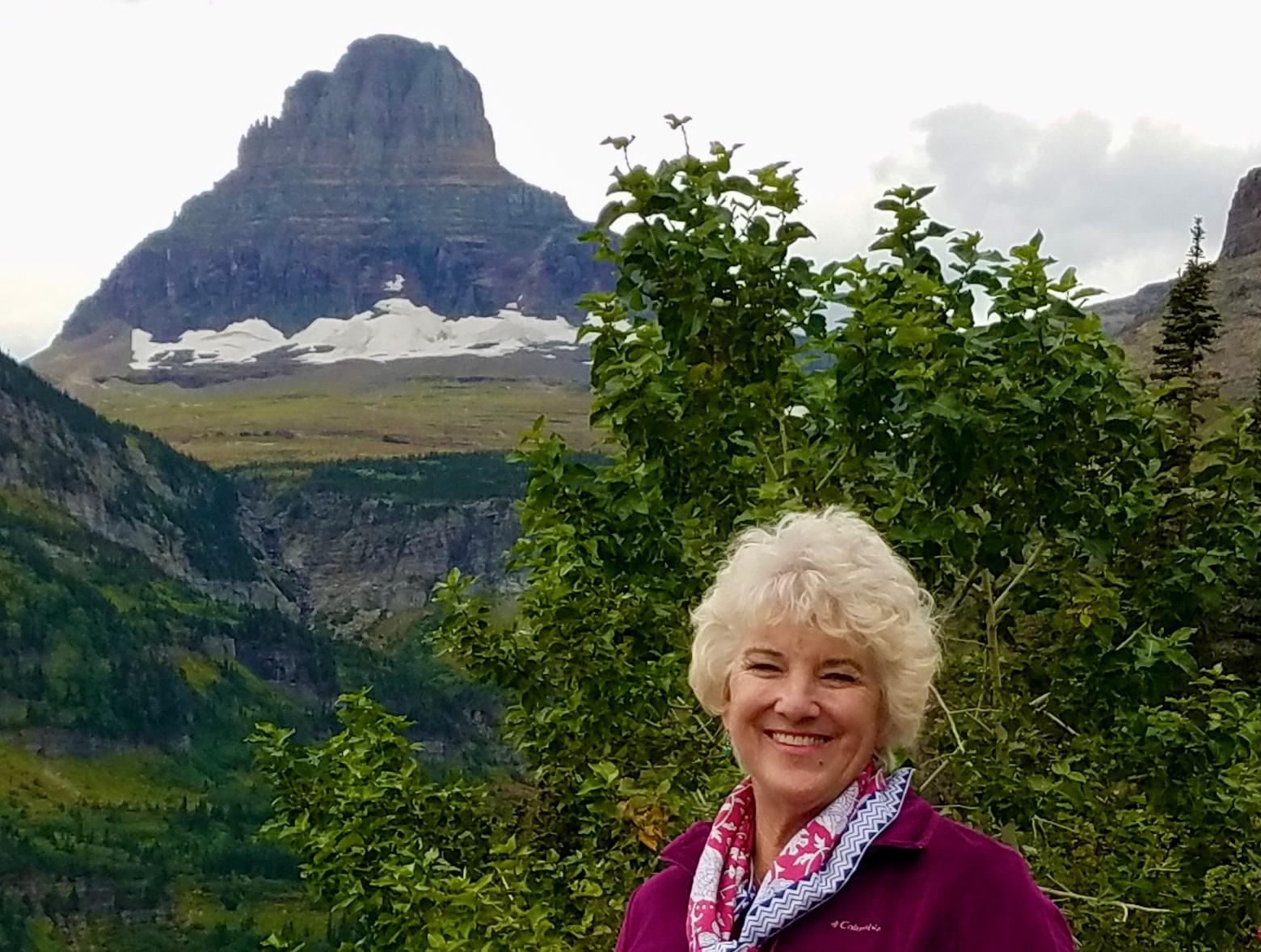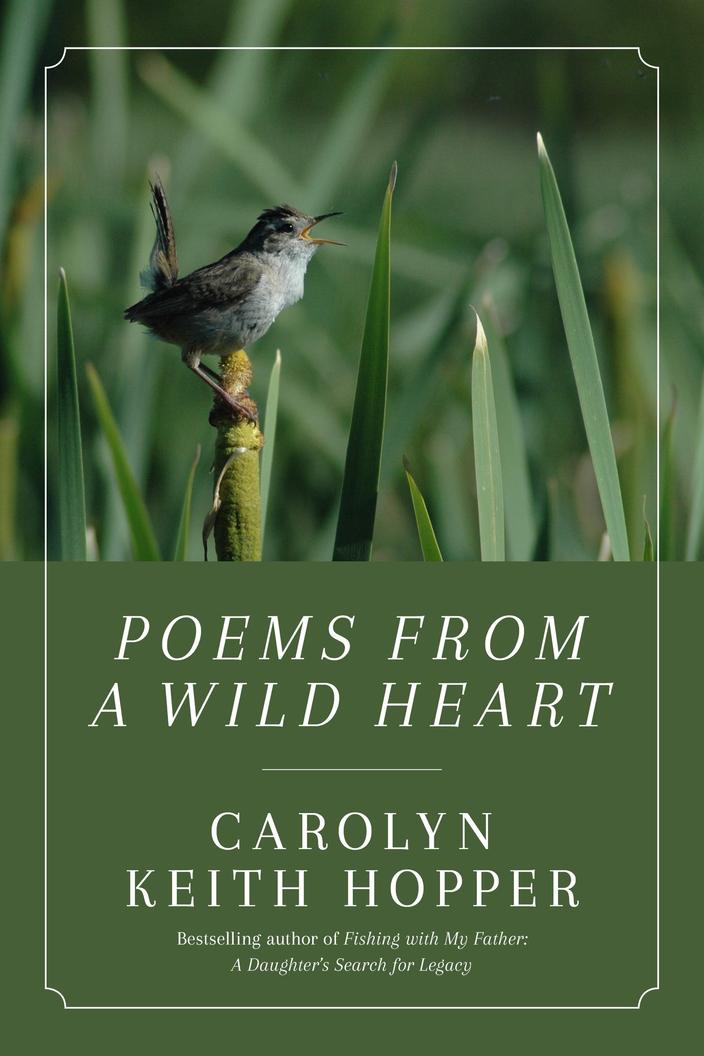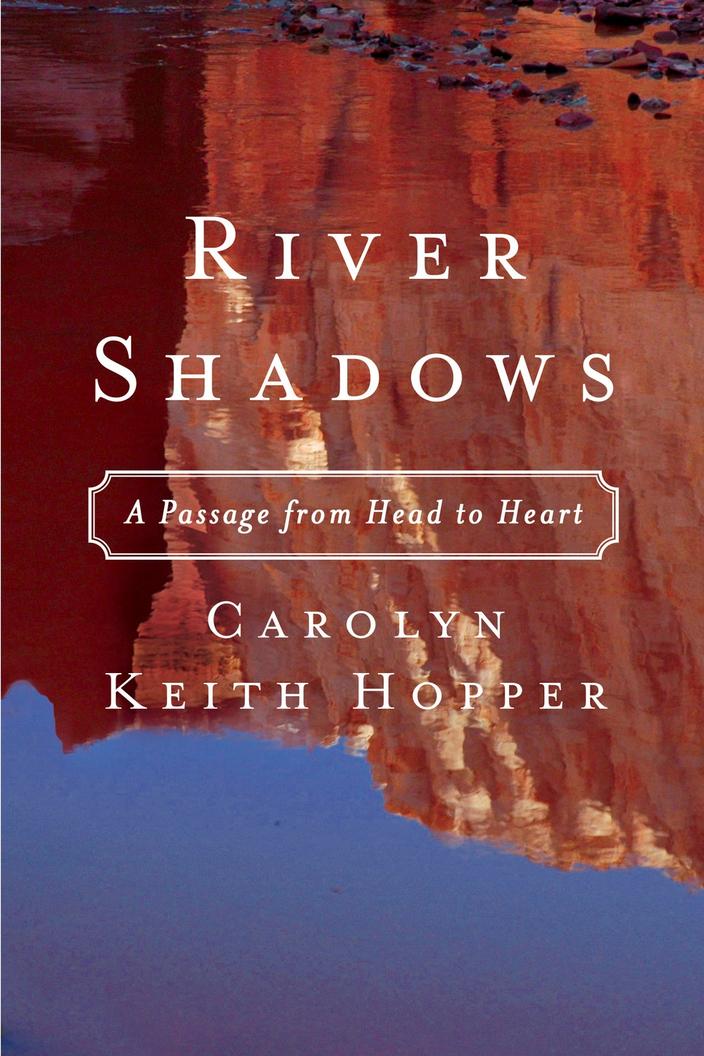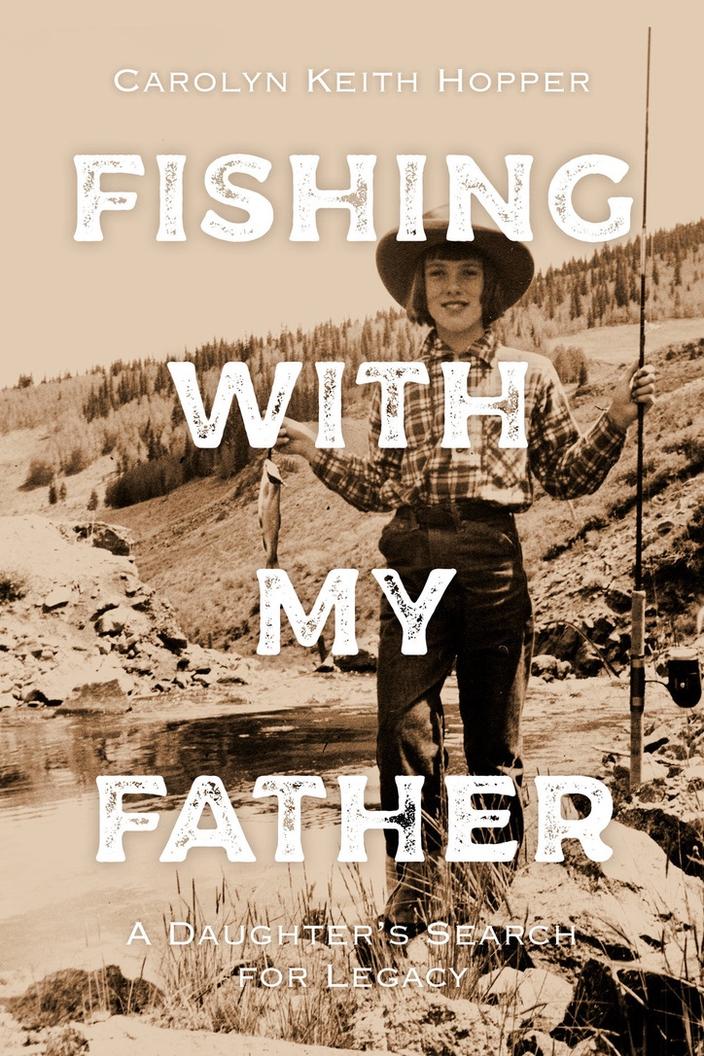Back to StoriesA Late Bloomer Writes Her Wild Heart
If you believe it’s only about turning good phrases that makes a person a “successful” writer, then you’re likely to be in for agonizing disappointment. Carolyn Keith Hopper is the personification of what it takes to earn the titles of poet and essayist. Only through grit, persistence, failing to heed critics and writing every day, whether she feels like it or not, has Hopper reached a place where she believes she has arrived.
September 20, 2021
A Late Bloomer Writes Her Wild HeartWith two memoirs and a new book of nature poetry under her belt, Carolyn Keith Hopper has come a long way from growing up in the hometown of Thoreau, Emerson and Hawthorne
If you believe it’s only about turning good phrases that makes a person a “successful” writer, then you’re likely to be in for agonizing disappointment. Carolyn Keith Hopper is the personification of what it takes to earn the titles of poet and essayist. Only through grit, persistence, failing to heed critics and writing every day, whether she feels like it or not, has Hopper reached a place where she believes she has arrived.
And now, she says, she hopes her words
can be handholds for people coping with loss of place or loved ones.
Hopper, who adopted Bozeman as her adult home, grew up in a New England neighborhood that a
century earlier had given rise to a potent bastion of American nature writers.
Swinging open the screen door to her house and jumping on her bike she was a
few minutes’ ride away from Walden Pond on the edge of Concord, Massachusetts
and a hill climb from where Henry David Thoreau, Nathaniel Hawthorne and Ralph
Waldo Emerson now lie in the ground.
She says it is likely she gathered in
some of the air they breathed which has influenced her passion for the natural
wild world of the Greater Yellowstone Ecosystem. Undaunted by coming of age in
the land of giants, she didn’t fulfill her dream of becoming a writer until she
was in her 60s. Hopper, in some ways, could be considered a heroine to the late
bloomers, hell-bent on defying those who claim getting a book published is a
seemingly impossible task.
Moving to Bozeman in 2002, this mother
and grandmother brought a passion for hiking, fly fishing, identifying
wildflowers and tango dancing with her. The topics of Hopper’s first two books,
both of the memoir variety, involve the quest of connecting with her parents.
The first, River Shadows: A Passage From Head To Heart, delves into the
emotional struggles she had dealing with her mother after her father’s
passing—and how she turned to nature for solace. The second work, Fishing With
My Father: A Daughter's Search For Legacy, explores the yearning that daughters have for connecting with their
dads.
Wrote Brooke Williams in a review: “In life, fishing connected Carolyn Hopper and Hamilton Herman, her compelling but distant, complicated father. His found letters provide clues she needed to find him in the world of the dead. Hers, written a lifetime later, wake him with the question, Can you see me now? In Fishing with My Father, Herman becomes immortal while Hopper joins Norman Maclean and David James Duncan in that vaulted club of fisher-writers.”
As the pandemic set in, Hopper was in the midst of grieving the passing of her husband, Dan. Earlier she and Dan, created the online Wildflower Hikes Montana to help people know where to view and learn about wildflowers on our local trails.
As the pandemic set in, Hopper was in the midst of grieving the passing of her husband, Dan. Earlier she and Dan, created the online Wildflower Hikes Montana to help people know where to view and learn about wildflowers on our local trails.
In 2021, she has published a book
of poetry, Poems From A Wild Heart. She debuted parts of it at the recent Elk
River Writers Workshop at Chico Hot Spring put together by the fine folks at Elk River Bookstore in Livingston. Mountain Journal had a conversation
with the author following a summer that she spent disappearing into the outback
of the West.
MOUNTAIN
JOURNAL: You mentioned that you are a writer because you don’t have
any choice in the matter. It’s something you hear many writers say and there
are people in their lives who may not understand it. What does it mean to you?
CAROLYN KEITH HOPPER: There is a space between the involuntary, like
a heart beating, or breathing, and the voluntary, like I’m going to eat now
because I ‘m hungry, or today I might go for a hike. And in this space lives
the “why” of my writing. The “who” of me. It’s in the space between heart
beats.
MOJO: Do you see yourself as observer or companion?
HOPPER: Although I’m surrounded by a magpie
gathering twigs for a nest, snow sifting off spruce branches, ever changing
cloud formations, and dazzling sunsets, I do not always ask you to “look!” But
the impulse is there. My search for words to show you is as if looking for
nymph casings beneath rocks in fast flowing stream. Was I born with “look!” or
“love it, too!?”
Maybe. Because that’s what it feels
like. The impulse to share the beauty of a calypso orchid, a sunset, a bird in
a nest, or story of an adventure is always with me. Sometimes I want someone
one to save it. Sometimes I want you to sit with me beside it. It’s my heart
beat. It’s the call of salmon to birth water. It’s the pull of the moon in the
water of my body. My essence.
MOJO: What was
it like growing up in Concord, Mass? For
those who haven’t been it’s filled with history and home to several famous
writers as well as having Walden Pond.
HOPPER: My girlhood in the historic town of
Concord, Massachusetts in the late 1940s and early 50s was one of playing
outside nearly all day from morning until dark. There’s a small hill near where
we lived that was great for sledding or budding skiiers, the Concord River to
skate on where it overflowed its banks, woods to explore, games to play with
friends like “kick the can” often until just after dark. My next door neighbor
and I would ride our bikes up and down the hills many times. Concord is almost
all hilly. Sometimes when we played in our backyards we’d climb on of her fir
trees and hang upside down by our knees then flip over in what we called
“skinning the cat.”
After dinner on summer
evenings my mom, dad and I often rented a canoe and we’d paddle down the
Concord River all the way to the Old North Bridge—site of the first battle
between the English and the farmers who fought against them for independence. In history those farmers were known as the “Minutemen.” I still have my paddle, by the way!
MOJO: When you
were growing up who were your bright lights in terms of writers?
HOPPER: Louisa May Alcott, author of Little Women, was probably my favorite
author. Perhaps I knew about her best because she grew up in Concord. And I
loved reading other historical fiction or about historical figures which is how
I discovered Sacajawea. There used to be a series of books that I remember as
being all with orange covers, about famous women as girls and Sacajawea was the
subject of one of them.
Alice Turner Curtis
(1860-1958) was another favorite author. She was an American writer of juvenile
historical fiction and probably best remembered by young readers of her day for
The Little Maid Historical Series. I don’t know how I found them, but remember
each girl as going off to play in the woods or her town and meeting famous Revolutionary
figures, like Ethan Allan in Vermont, and getting somehow involved in spying
for the Americans during the Revolutionary War. It all sounded like great fun
to me!
MOJO: What was
the impetus for you coming West?
HOPPER: I fell in love with the idea of living in the
west during two or three trips out to Wyoming and Montana with my parents, once
at 9 and two or three times during summers while I was in college. I felt at
home riding in the mountains even at 9 and the wide spaces and probably what is
not a “real” west, but some romantic picture of it. This love was rekindled
while riding and some fly fishing during college at a couple dude ranches. d I
remember hoping my dad would buy some property out here over near Clyde Park
and the G Bar M. When my marriage life circumstances changed in 2001 and I
visited again in the summer of 2002, I felt a pull to leave where I was in
Maryland back East and make my way west to see what life could be like here.
While I still love to ride, the draw was hiking in fields of wild flowers and
views of the mountains with a little fly fishing thrown in. Back to the idea of
feeling a pull like salmon to birth waters.
MOJO: Every writer wants to write a book. How did
your first one come about?
HOPPER: The catalyst
for my first book was finding myself wondering how I could relate to and
possibly help my mother after my dad passed away. They had been married for 65
years and she missed him to the point of deep grief. Up until that point, I’d
written a bunch of articles, freelancing for Outside Bozeman and Zone 4
so thought of myself loosely as “a writer”.
My thinking then at a time of having my own mixed feelings about missing
my dad, helping my mom and wishing to spend time involved in my own marriage,
was “I’m a writer. When Mom passes on I’ll figure out what my feelings really
were.” It took me four years to write that book and I think now that I dared
myself to write and finish it. Dan, my late husband, was a very big help.
MOJO: Why do you use
the handle “cowgirl” in your email address?
HOPPER: I use “cowgirl”
for fun. I chose it after I moved to Bozeman and had to obtain a new e mail
address. Friends back East had teased me about moving “way out West” so for fun
I asked for the “cowgirl” address and found it
was available. I still like it 20 years later
MOJO: You have a new
book, yes?
HOPPER: The collection
of poems in Poems From A Wild Heart is a compilation of works that began in
2003, shortly after I moved to Montana in 2002. During hikes and travels around
Montana I felt inspired to try to write about what I was sensing in the
landscape around me – like voices waking up. This still holds true. Some poems
are about a love affair and loss, and over time my voice may have changed as I
learn more about living in the west, but I am still inspired to try to give the
voices of nature a voice.
MOJO: Tell us about
your earlier works and what connects them?
HOPPER: The catalysts
for River Shadows and Fishing With My Father were my parents. My mother, in
the case of River Shadows and my father with Fishing With My Father. In
both cases how my dad’s passing affected me. And for the experiences in both
books, it was the time I spent out in wild nature around my home in Bozeman
that helped me cope with my mother’s grief after she lost her husband of 65
years and another sort of grief for missing conversations I wish I’d had with
my dad. It was in the writing of them that I came to know myself better and
came to understand how they loved me and I them.
MOJO: You recently
attended the Elk River Writing Workshop at Chico Hot Springs. What did
you take away from that?
HOPPER: I took away a
new way of looking at the land and how I have been affected by it and how I
have been affecting the land through the poetry class I took with Pam Uschuk.
While the focus of the weekend was on this subject —referred to as eco-poetry—in
the case of Pam’s class, I now carry what I hope will continue to be sharpened
senses when pondering how to show readers of my poetry what is happening on the
land, and also its beauty. Can I show them how the light shines through the
pink petal of a calypso orchid or why the bear’s eyes appeared blue when he
gazed at me or how it feels to step into cold, rushing river? And beyond that
grieve for what is lost as was so well
talked about by Gary Ferguson in a panel
discussion one evening? It’s a challenge I gladly accept.
MOJO: What do you think
the role of writer and poet are in our society?
HOPPER: In my opinion,
the role of the writer and poet in our
society is to tell the stories that lie deep in their hearts as best they are
able. Some wish to inspire love— of a
person, a wild place or why the dandelion breaking through a side walk matters.
Others may wish us to bend over in grief over tragedies in society. Yet it is
the stories perhaps like these and surely others that need to be kept alive, be
given light. If we keep silent who then will others turn to in the dark? What
happens to dreams?
MOJO: That’s a great
question—what does, and the answer is?
HOPPER: For me, my role
is to look for and imagine how the wild beauty will not just be in tatters by
the time my grandchildren are teenagers. Or even before then. May I save one
orchid or one dragonfly or one bear with a story? I sat around a campfire last
week, somewhere in the mountains in Wyoming, and watched sparks rise up toward
Ursa Major (whose name means “greater she-bear”) and her brother and sister
constellations.
I found myself quietly humming “Home on the Range” and thought
of my dad playing this tune on his harmonica around another campfire, decades
ago. And Dan, too, under falling stars around another fire. I hope our stories are like those sparks,
that they draw us into a song and enlighten our nights just a little.
Related Stories
September 20, 2021
The Dwelling Tree: Why Does Autumn Touch Our Soul So Deeply?
For Susan Marsh, it goes far beyond the sensuousness of color. The fall reminds that there is humbling glory beyond our...

